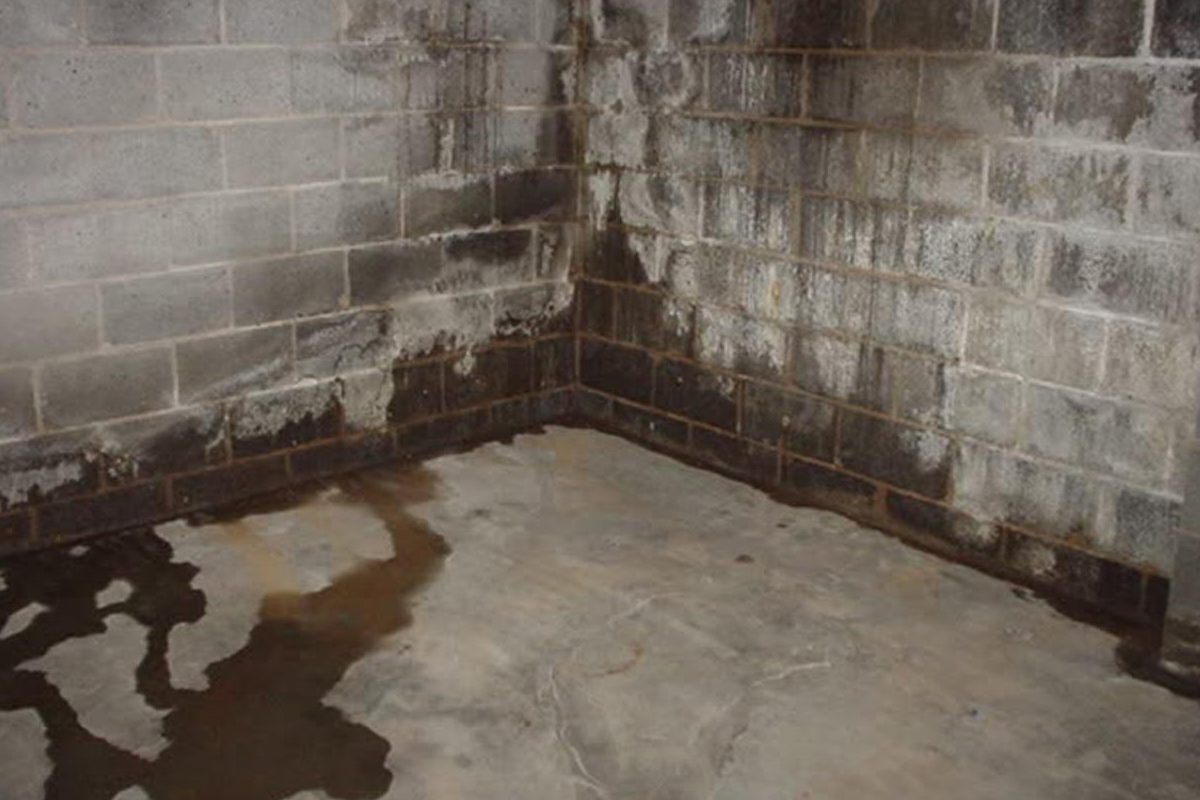

Basement leaks are more than just an inconvenience—they can lead to serious water damage, mold growth, and structural issues that might cost you thousands in repairs. If you’ve noticed dampness, musty smells, or water stains in your basement, it’s time to figure out what’s causing the leaks and how to stop them before things get worse.
In this blog, we’ll dive into the 5 most common causes of basement leaks and give you easy-to-follow tips on how to prevent them. By the end, you’ll have the knowledge to keep your basement dry and safe from water damage.

Before you start fixing leaks, it’s important to understand what’s causing them in the first place. Basement leaks can be triggered by many factors, from poor drainage to foundation issues. Let’s take a look at the 5 most common causes and how to tackle them.
One of the biggest culprits behind basement leaks is poor outdoor drainage. When gutters get clogged, or downspouts are poorly placed, rainwater can accumulate around the foundation of your home. Over time, this excess water can seep into your basement, causing leaks.
Cracks in the foundation are another common reason for basement leaks. These cracks can appear as the foundation settles, or from external pressures like shifting soil. When it rains, water can easily make its way through these cracks and into the basement.
Even if your foundation is in good shape, if your basement isn’t properly waterproofed, leaks can still occur. Water can seep through walls, floors, or even around windows if there’s no barrier to prevent it.
For more detailed solutions, check out our basement waterproofing Lancaster PA services.
Sump pumps are a vital part of your basement’s water management system. When they fail, basements can flood quickly, especially during heavy rain. A malfunctioning sump pump won’t be able to remove water as needed, which leads to leaks.
For more maintenance tips, visit our sump pump tips.
When the water table around your home rises due to heavy rainfall or snowmelt, groundwater can seep into your basement. This is especially common in areas with high water tables or poor drainage systems.
Catching basement leaks early is crucial to preventing long-term damage. Here are a few signs that your basement may have a leak:
Regularly inspect your basement for these signs, especially after storms or heavy rainfall.
Now that you know the common causes of basement leaks, here are some steps you can take to prevent them:
By following these steps, you can significantly reduce the risk of basement leaks and avoid costly water damage.
Basement leaks are preventable with the right knowledge and proactive measures. Whether it's poor drainage, foundation cracks, or sump pump failure, identifying the cause of your leaks and addressing them early will help protect your home from serious water damage.
Don’t wait for the next rainstorm—take action today to keep your basement dry and safe. And if you need professional help, be sure to reach out for expert waterproofing and repair services.